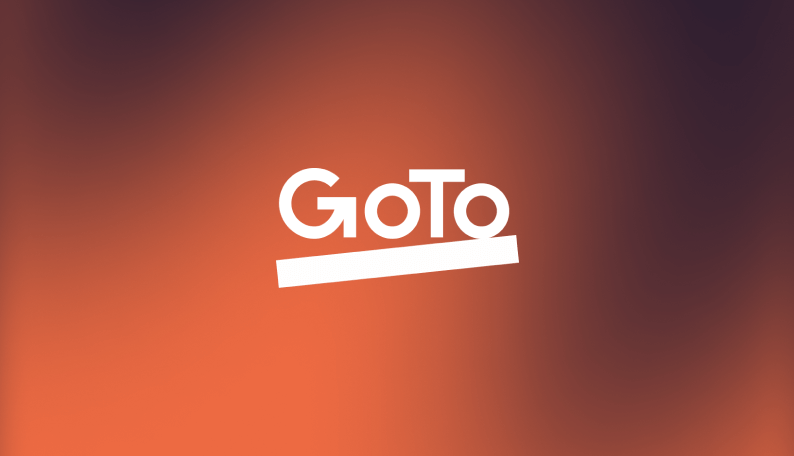About Orchard
Orchard Software Corporation is a leader in the laboratory information system industry and offers a variety of solutions. Orchard serves more than 2,000 laboratories across the country, helping them improve efficiency, reduce errors, and enhance integration. Orchard’s cloud-based solutions are installed in physician groups and clinics, hospitals, independent reference labs, student health centers, veterinary labs, public health organizations, universities, and retail facilities. For more information regarding Orchard Software Corporation, visit www.orchardsoft.com.
Orchard’s Challenge
Orchard Enterprise is a true enterprise solution consisting of a single database and application with robust functionality. Among this functionality exists a collection of reporting tools that allow users to create ad hoc reports based on laboratory data.
Today, Orchard’s enterprise clients generate reports using data browsers, which offer templates and filters to generate custom reports. These templates have a learning curve and require time and expertise to use efficiently.
“We identified an opportunity to leverage GenAI (Generative Artificial Intelligence) to increase the efficiency of reporting for our end users.” said Corey Stilton, Orchard’s Chief Information Officer
Why Tribe AI?
“We had a high-level idea on how GenAI might play a pivotal role in developing a better reporting experience for our end users and engaged TribeAI for their assistance in developing a prototype of the solution,” said Stilton.
Through a recommendation from Francisco Partners, their private equity investment firm, Orchard was introduced to Tribe AI and soon after they began developing a proof of concept (POC) together.
The Proof of Concept
Tribe AI and Orchard began the work through a discovery phase that centered on level-setting for both teams. Together they determined the scope of the work, developed a plan of action, and established success metrics. The entire project was slated to span four weeks, and the last two weeks were reserved for rapid prototyping.
The goal of the project was to utilize GenAI and Large language models (LLMs) to enable a natural-language report generation interface –or AI lab analyst– for end-users.
The success of the prototype was measured against three metrics:
- The ability to produce reports faster than Orchard’s existing ad hoc report generation and query tools
- The ability to deliver an easier, more-intuitive reporting experience for end users
- The ability to meet or exceeds predetermined reporting accuracy levels
Developing the GenAI Proof of Concept
Stilton and his team aren’t new to GenAI. They’ve been performing the ongoing foundational work required to ensure their readiness for further tech advancements using GenAI. In fact, the predictive analytics they leveraged to develop Orchard Insights were extremely helpful in the POC engagement with Tribe AI.
The Tribe AI team was able to build on the work of the Orchard team to address the opportunity to leverage GenAI to improve the efficiency of their ad hoc report generation and query tools. They knew that GenAI, powered by foundation models, is exceptional at creating out-of-the-box content creation tasks like reporting. Additionally, LLMs have shown great success generating reports using natural-language conversation, eliminating the need for SQL queries or complex data browsers.
The technology, combined, could deliver a report generation interface that saved users time and simplified the report generation process, while also ensuring appropriate reporting accuracy levels.
Considerations for Healthcare:
- Patient Perception and Security Concerns:
The idea of AI entering the lab environment may cause some unease or misunderstanding for patients, especially when it comes to data security. Stilton and his team know that they may need to add an additional layer to manage perceptions and concerns related to the use of AI and data security, especially to help alleviate misunderstandings about data mining and usage. - Lab Data Accuracy Concerns:
Stilton knows that AI-generated reports may impact clinical decisions and that’s not a matter he or his team take lightly. An important component of the Orchard team’s future work will be determining the necessary level of reporting accuracy and appropriate ways to manage and mitigate inaccuracies.
Tech Stack Details
Full-stack cloud-based application working alongside the existing Orchard Software environment:
- Cloud: Amazon Web Services (AWS) Bedrock
- Large language models: Claude 2
- Languages used: Python
Orchard’s Experience Working with Tribe
“We have been impressed by how Tribe leverages AI to achieve impactful results fast. Their collaborative spirit made them an outstanding partner,” said Stilton.
Stilton first met Angela Chapman, a project manager at Tribe AI, when she delivered a speech at a GenAI workshop he attended. Stilton admits that he jumped at the opportunity to work alongside Angela during the Tribe AI POC engagement, because of the expertise and experience she shared during that first encounter. According to Stilton, Angela’s diligence –especially during the evaluation phase– was a key contributor to the success of the project.
Tribe Team Members
Craig: Engagement Manager
Angela: Product Manager
Ruze: AI Tech Lead
Impact
“The prototype demonstrated a significant decrease in the amount of time it takes end users to create ad hoc reports,” shared Stilton.
By the end of the 4-week POC engagement, Stilton and his team were pleased to discover that the prototype had achieved all three success metrics: increased speed, improved ease of use, and appropriate accuracy levels maintained. Of course, there are considerations Stilton and his team need to make as they move forward to the development phase. Questions like ‘Are our predetermined reporting accuracy levels sufficient?’ and ‘Which business use case best accounts for the interface development and operating costs?’ are likely top of mind for Stilton, not unlike other healthcare organizations in a similar scenario.
The Future
Stilton believes that his team could further leverage the GenAI work they’ve completed with Tribe AI in a variety of additional ways at Orchard. Streamlining lab instrument interface development is one consideration, while API and HL7 interface development is another that Stilton believes could be an opportunity. It is estimated that GenAI could automate a significant amount of the work involved in API interface development requests.


























